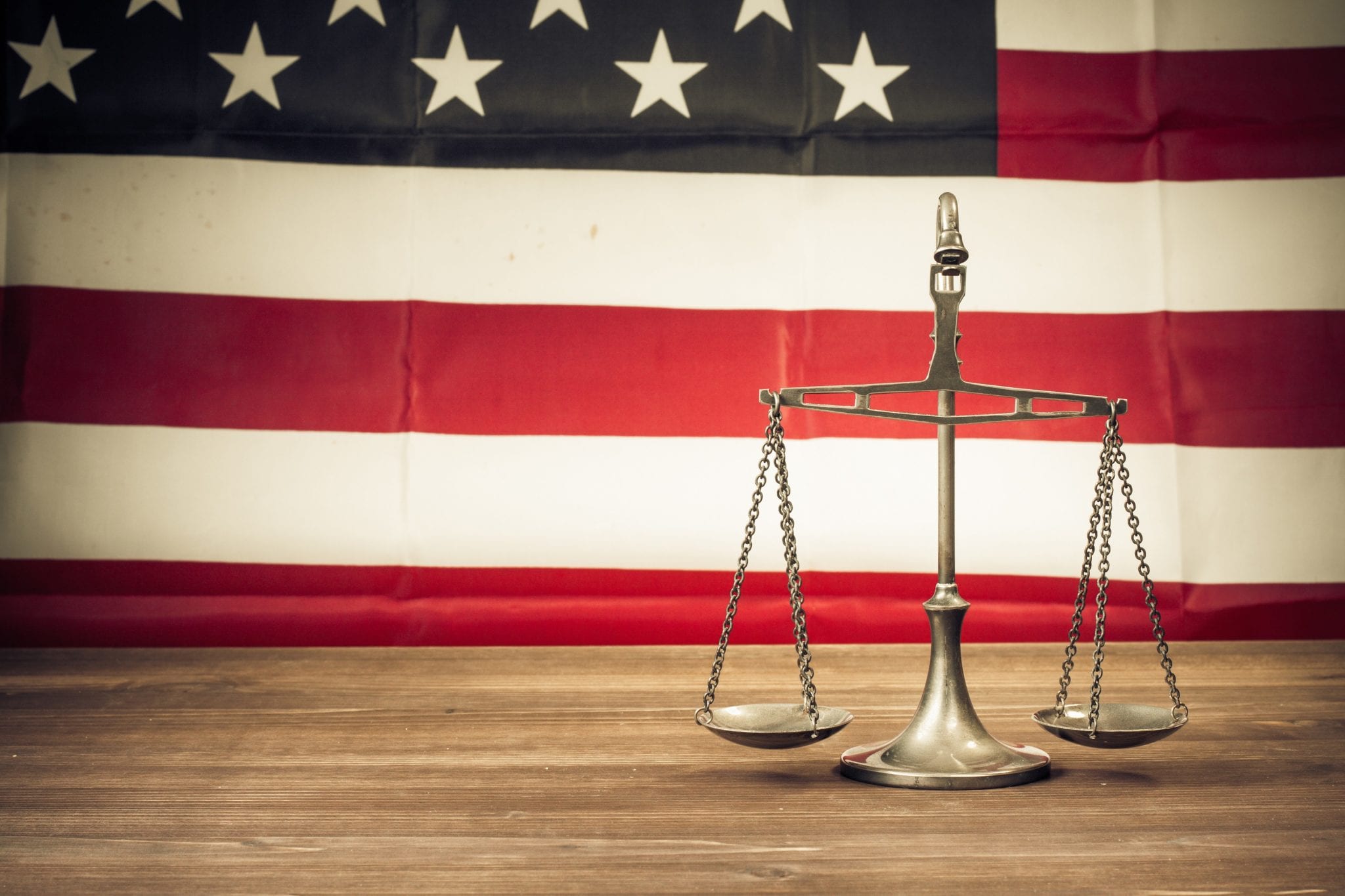Statutes of limitations are rules that create a time limit for plaintiffs to file claims. If claims are not brought within the established time frame, they are generally barred. For this reason, it is extremely important for anyone that thinks they may have a claim to be aware of these time limits, and to consult with an attorney as soon as possible to begin the process of investigating a potential claim.
One reason the statute of limitations exists is so that people accused of committing a tort that occurred many years in the past cannot be expected to accurately account for the events in question with any precision, and thus are limited in how well they can present their defense. Statutes of limitations also encourage plaintiffs to bring claims as soon as possible, when evidence is fresh, which makes litigation more efficient for the court system. Without statutes of limitations, cases could be brought forward in circumstances where defendants are unfairly surprised by accusations, and where quality evidence is lacking.
The Georgia Statute of Limitations
The statute of limitations in Georgia is governed by Title 9 Chapter 3 of the Georgia Code. The Georgia legislature has given different types of claims different time limits. For instance, personal injury claims must be filed within two years of the date of the injury, damage to property claims have a four-year time limit, and defamation claims have a one-year time limit.
Importantly, Georgia has adopted the so-called “discovery rule,” which means that the statute of limitations will not begin to run until after a plaintiff realizes or should have realized that they were harmed by the defendant.
Related Laws
There are additional time restrictions which have been created to temper the “discovery rule” called “statutes of repose.” These create a certain time in which a claim must be brought, regardless of when the injury was discovered.
Additionally, Georgia ante litem statutes require that for any claims against government entities, notice be given to the government within one year for county or state governments and within six months for city governments. If this notice isn’t given, claims can be lost.
Time Limits for Filing Various Tort Claims in Georgia
Property damage claims: four years from date of damage.
Personal injury and wrongful death claims: two years from date of injury.
Product liability: two years from date of injury, and a 10-year statute of repose.
Medical malpractice: two years from date of injury, and a five-year statute of repose.
Workers compensation claims: one year from date of injury.
Defamation claims: one year from defamatory act.
Statute of Limitations “Tolling”
A statute of limitations can be “tolled,” or suspended, under certain circumstances. The time limit is automatically tolled for children. If a child is injured, the statute of limitations does not begin to run until they reach the age of 18. Similarly, if a person is temporarily mentally disabled, the time limit will not run until they regain legal competence. For instance, if a person suffers brain damage because of someone else’s negligence, the statute of limitations will not run unless and until they regain the legal competence to bring their suit forward. The time could also be tolled if the defendant himself has undertaken some illegal action to prevent a plaintiff from filing a suit.
Contact an Attorney at Once if You Believe You Have a Valid Tort Claim
If you believe you have a valid tort claim, time is of the essence. Failing to file a claim before the statute of limitations expires means that you will have forever forfeited your right to compensation. If you would like more information or to discuss your case, call 833 – LEGALGA to schedule a free consultation with one of our attorneys today.
